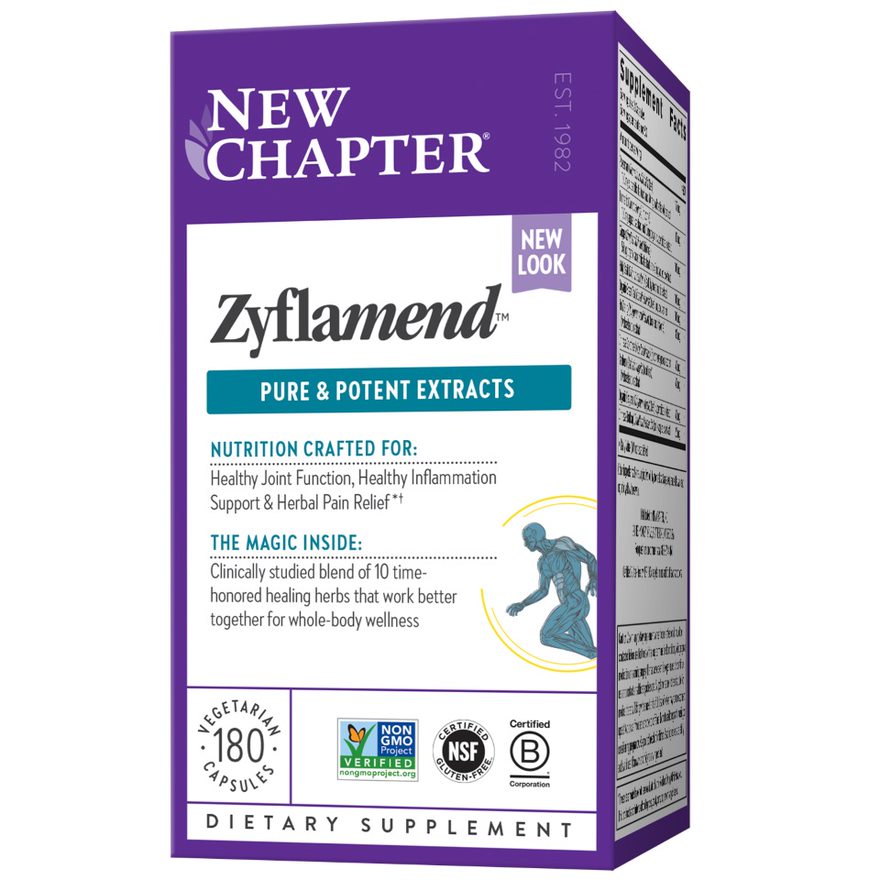As co-enzymes, the B vitamins are essential components in most major metabolic reactions. They play an
important role in energy production, including the metabolism of lipids, carbohydrates, and proteins. B vitamins
are also important for blood cells, hormones, and nervous system function. As water-soluble substances, B
vitamins are not generally stored in the body in any appreciable amounts (with the exception of vitamin B-12).
Therefore, the body needs an adequate supply of B vitamins on a daily basis.
Thiamin, riboflavin, and niacin are all essential coenzymes in energy production. Thiamin is converted quickly
into thiamin pyrophosphate, which is required for glycolytic and Krebs cycle reactions. Thiamin also appears to
be related to nerve impulse transmission. Riboflavin is a component of the coenzymes FAD and FMN, which
are intermediates in many redox reactions, including energy production and cellular respiration reactions.
Niacin is also a component of the coenzymes NAD and NADP, which are involved in energy production, as
well as biosynthetic processes.
Vitamin B-6 is a coenzyme in amino acid metabolism. It is necessary for the metabolism of homocysteine and
the conversion of tryptophan into niacin. Vitamin B-6 dependent enzymes are also needed for the biosynthesis
of many neurotransmitters, including serotonin, epinephrine, and norepinephrine. Vitamin B-12 and folic acid
are coenzymes in DNA and RNA metabolism. Both of these B vitamins assist in homocysteine metabolism.
Folic acid serves as a methyl donor and vitamin B-12 as a coenzyme in the conversion of homocysteine to
methionine.
Biotin and pantothenic acid are also coenzymes essential for energy production from dietary fats,
carbohydrates, and proteins. Pantothenic acid is a component of coenzyme A and of phosphopantetheine, and
is therefore essential for Krebs cycle operation. Biotin is involved in many carboxylation reactions associated
with gluconeogenesis, the Krebs cycle, and fatty acid synthesis.
While not truly vitamins, choline, inositol, and para-aminobenzoic acid are important nutrients related to B
vitamins. Choline serves as a methyl donor for homocysteine metabolism following conversion to betaine, as a
structural component of cellular membranes as phosphatidylcholine, and as a neurotransmitter as
acetylcholine. Inositol aids in the cellular response to hormonal signals, serves as a source of arachidonic acid,
and is active in cellular membranes as phoshatidylinositol. Finally, para-aminobenzoic acid has antioxidant
properties.

* These statements have not been evaluated by the Food and Drug Administration. This product is not intended to diagnose, treat, cure, or prevent any disease.
This product was added to our catalog on Thursday 29 May, 2014.





